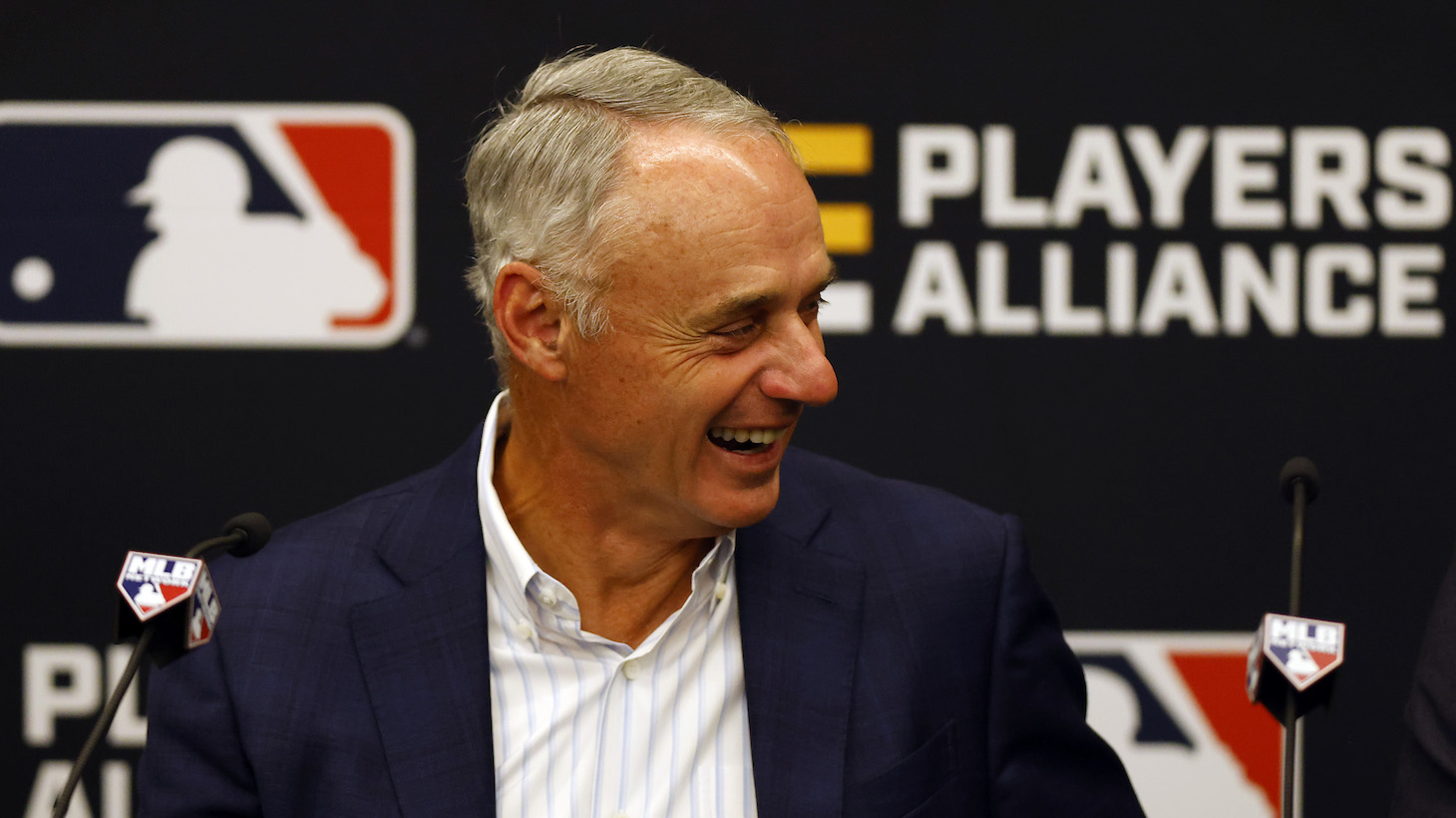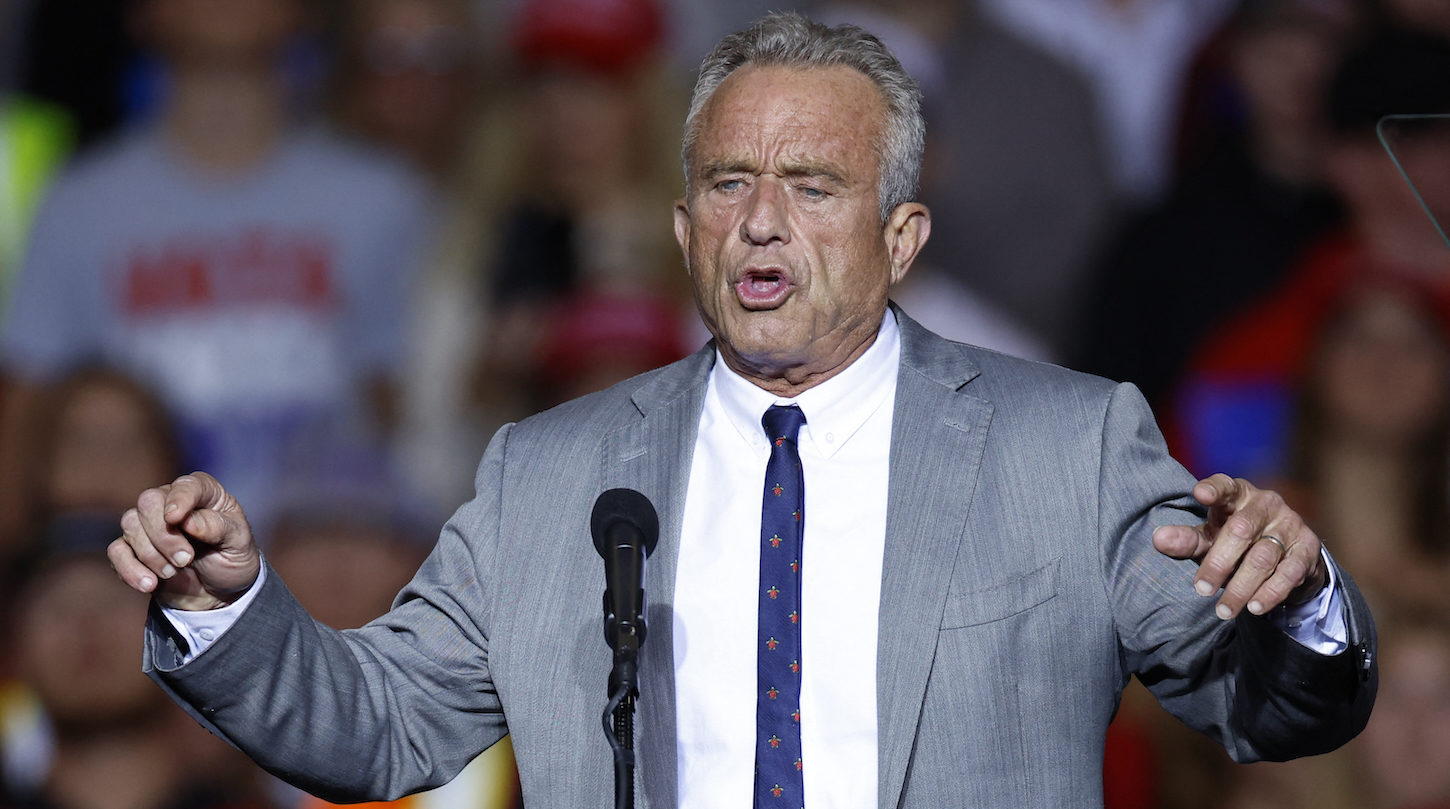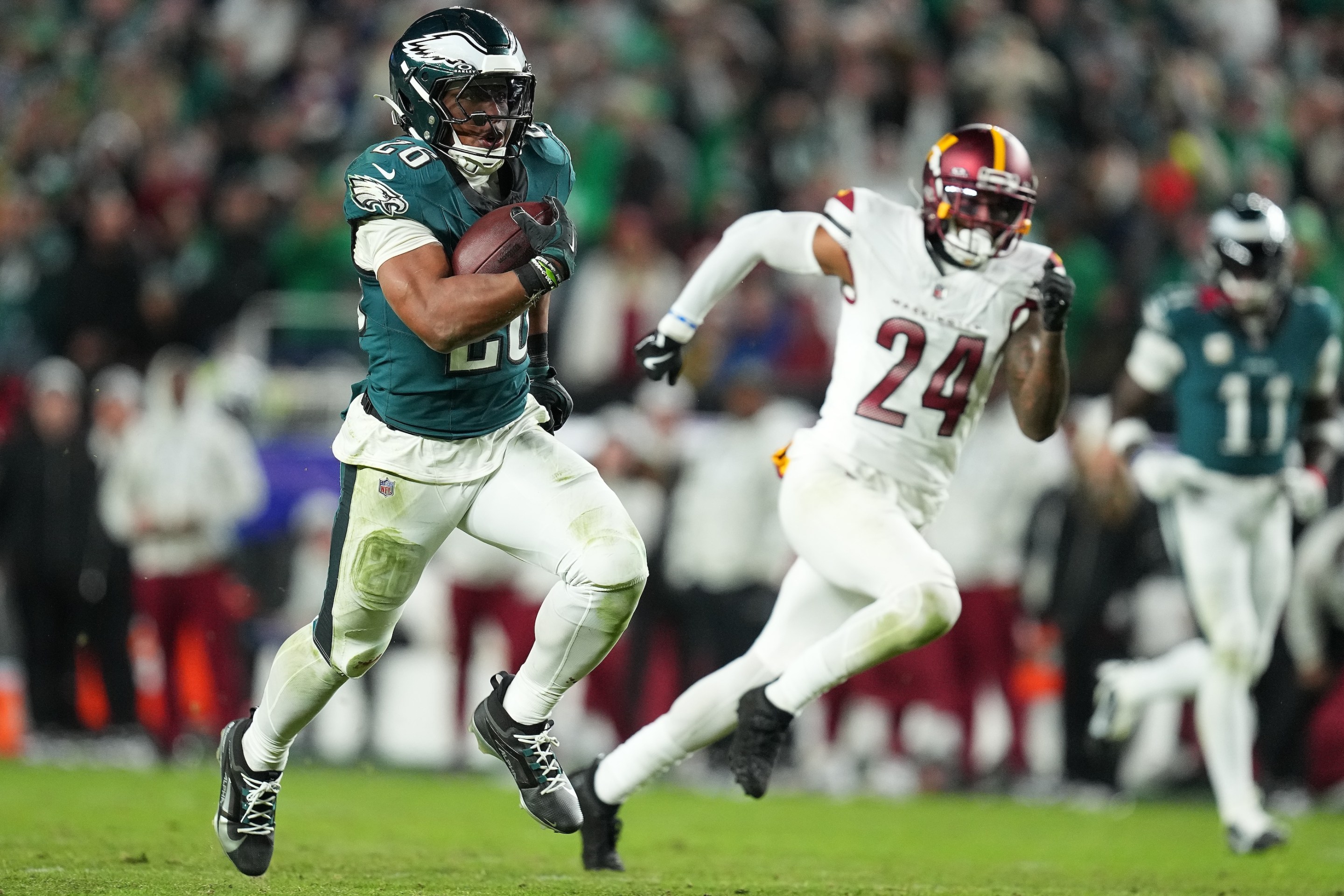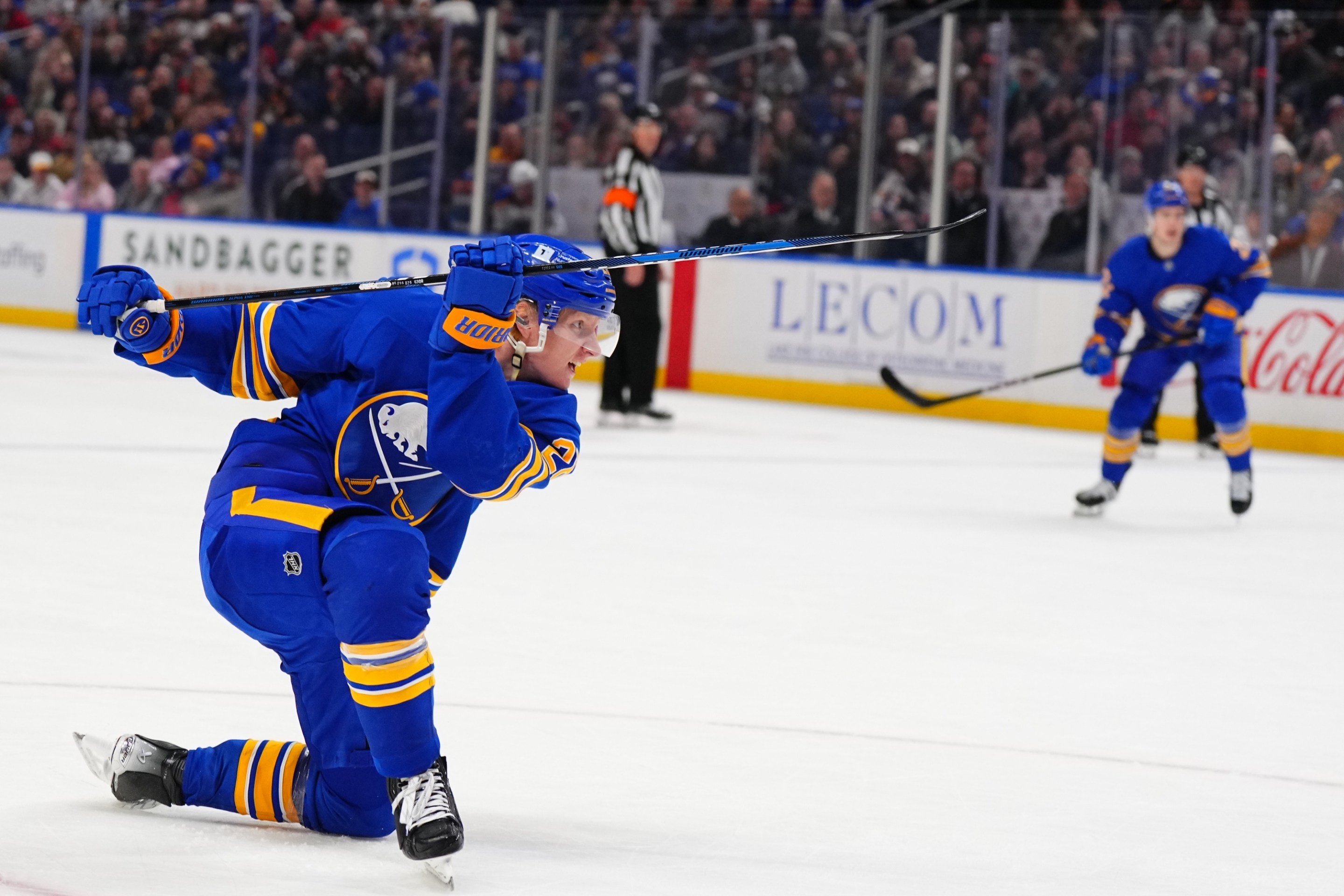It was, in point of fact, a really good run. MLB went 26 years without a work stoppage, after eight in the prior 23 years—including the notorious 1994–95 player strike that cost us a World Series. That remains a worst-case scenario, a DEFCON 1 situation, something nobody on either side wants, and importantly, that nobody expects. But here we are: a lockout.
MLB's owners voted unanimously to lock out the players after the collective bargaining agreement expired at 11:59 p.m. Wednesday night, and I suppose we should be thankful for past labor peaces that set the deadline early in the offseason rather than in the middle of the season; we're probably looking at about three more months before the specter of missing games begins to loom. But a lockout is what it is: The business of Major League Baseball has ground to a halt. What does this mean, in practical terms? No transactions. No negotiations. No winter meetings. No Rule 5 draft. A truly hilarious-looking MLB.com, where all the content is about retired players and the history of the game, and all the images of current players have been stripped from the CMS. Do you like stock photos of baseballs? I hope you do.
The sides traded dueling statements at midnight. From the MLBPA:
"It was the owners' choice, plain and simple, specifically calculated to pressure Players into relinquishing rights and benefits, and abandoning good faith bargaining proposals that will benefit not Just Players, but the game and industry as a whole."
From the owners, via Commissioner Rob Manfred (who, it should be kept firmly in mind, is not a prime mover here, not a negotiator at the bargaining table nor a man making his own decisions; he is, more than anything else, a mouthpiece):
"This defensive lockout was necessary because the Players Association’s vision for Major League Baseball would threaten the ability of most teams to be competitive. It’s simply not a viable option. From the beginning, the MLBPA has been unwilling to move from their starting position, compromise, or collaborate on solutions."
You're going to hear lots of this sort of thing over the coming days and weeks and maybe months, dressed up in jargon and appeals to sentiment and sky-is-falling scare tactics. That's why it's important to try to put what's happening here in plain English. Since the 1994 strike, baseball as a business has been making money. Lots of it. Unprecedented revenue growth, they call it, but that just means big money. The money is what maintained labor peace this long—a longer peace than any of the other three major sports leagues can boast. That money went to the owners, because they run the thing, and to some extent then trickled down to players in the form of bigger contracts and higher payrolls. It's the extent that's the sticking point. The players want more of the money that MLB has made; the owners want to keep as much of it for themselves as they can, which means spending less on players.
This is fact and not opinion: Players would be making more money if MLB was an open market. Their wages are artificially depressed by an entire host of mechanisms installed by the owners to keep them under "team control" (read: cheaper than if they could earn their market value). It is those mechanisms that the owners are locking out the players today in an attempt to protect. They are numerous, but here are the big ones:
- Players would like to reach free agency faster than they currently do.
- Players would like to be eligible for arbitration sooner than they currently are.
- Players would like owners to stop cynically stashing them in the minors just long enough to delay starting the clock on both of the above eligibilities.
- Players would like teams to stop receiving draft pick compensation for losing players in free agency—thus penalizing owners for signing big-money players, and depressing those players' offers.
- Players would like the owners who spend the least to stop receiving revenue-sharing money, essentially rewarding them for keeping their checkbooks closed.
There are more, but this is the Big Stuff. You can tell by the fact that these are the ones the owners refuse to budge on, even as they make cosmetic concessions in other areas, like a slightly higher luxury tax. But these are so important to the owners that they are willing to shut down the sport rather than even engage in negotiations on, as they are legally obligated to do. On Tuesday, at the last substantive bargaining session, the owners refused to offer a counterproposal to the MLBPA's latest, because they won't even sit down to discuss any proposal that includes changing the Big Stuff. Quite literally, the owners said they'd rather shutter their business than consider running a business that looks more like one where the workers get paid fair value.
So why are the owners locking out the players when it's the players who appear to want most of the changes to the current CBA? Again, let's be as clear as we can about this: The owners are doing fine. Better than fine! They're printing money, despite their public claims to the contrary. If they weren't, they could just ... stop being owners. But baseball is a lucrative business. And the players—the people who make it go—want more of that lucre than they're getting. So what the lockout achieves is to start a ticking clock, to put a hard deadline on when the players will start missing paychecks unless they give up asking for the things they want. The lockout isn't an apocalypse; it's a cold-blooded bargaining tactic to start upping the pressure on the union to cave.
If there's reason for hope, it's that neither side wants to actually lose games to this lockout—the players can't profit without the owners, but the same goes the other way. So the clock is ticking for both sides. It's hard to imagine that the sides are so far apart, or so unwilling to make some concessions in exchange for others, that they would rather earn no money whatsoever. But it was hard to imagine that in 1994, too.





